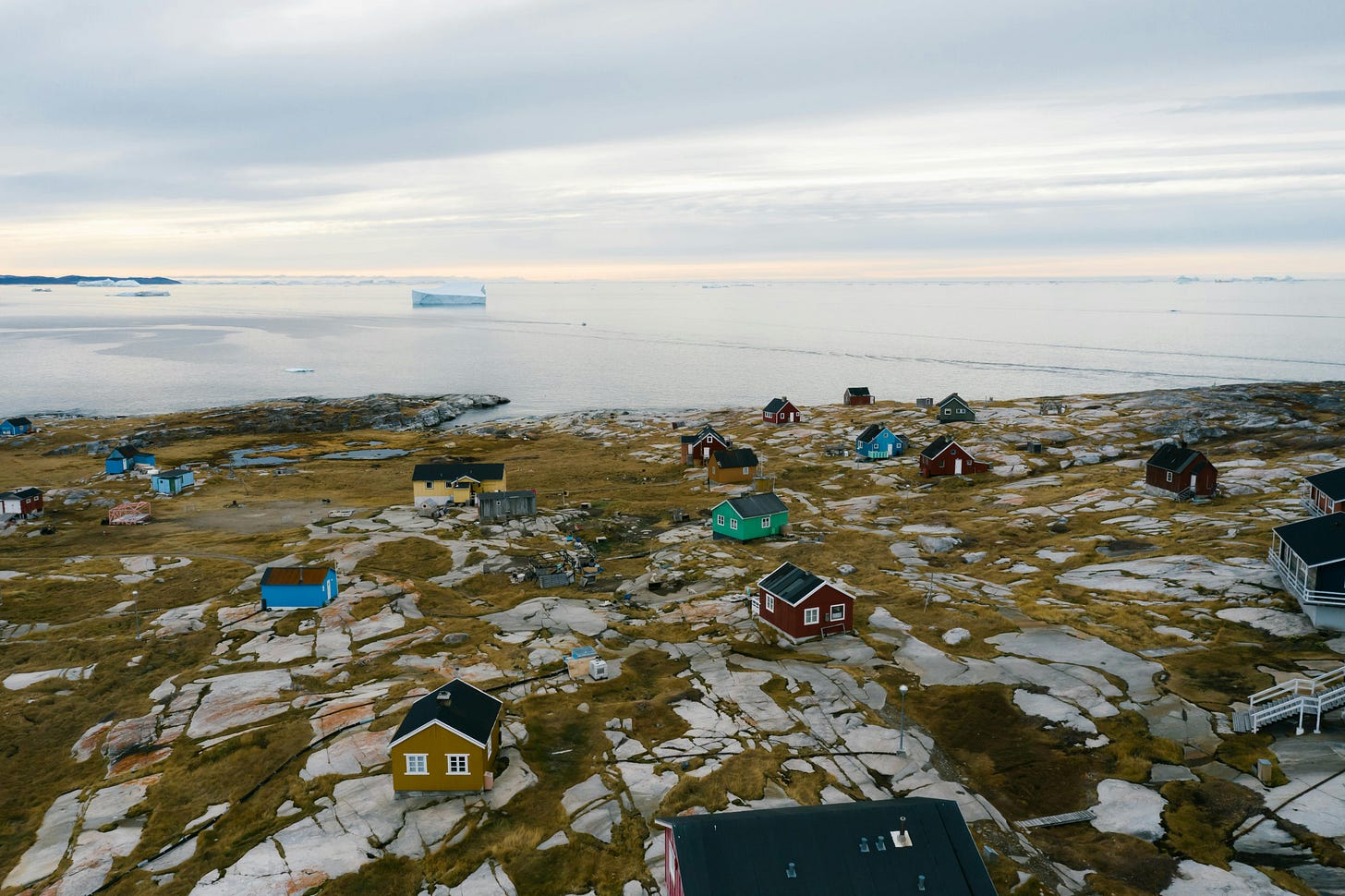Noah Brier | November 18, 2025
The Greenland Rare Earths Edition
On China, geopolitics, and asking the right questions.
Colin here. The story everyone tells about Greenland goes like this: America needs rare earths for phones and missiles. China controls the supply. Greenland has massive deposits. Therefore, Trump wants to buy Greenland. Simple geopolitics.
But that story lacks the necessary nuance.
China doesn’t dominate rare earths because it has all the deposits—it doesn’t. California’s Mountain Pass mine once led the world, until more than sixty spills dumped 600,000 gallons of radioactive wastewater into the Mojave. The mine didn’t close because the ore ran out; it closed because refining rare earths is extraordinarily toxic.
Today, China controls roughly 94% of rare earth magnet production—not because of the mines, but because it built the refineries and accepted the waste. Visit Jiangxi province and you’ll see mountains scarred by leaching ponds, sulfuric acid poured into hillsides to separate metals, radioactive sludge, and poisoned water. Even now, Mountain Pass ships its ore to China for processing.
Why is this interesting?
Because Greenland has figured this out.
In 2021, Greenland banned uranium mining, effectively killing the $100-million Kvanefjeld rare earth project. The reason? The deposit’s rare earths were mixed with uranium. Processing it meant handling radioactive waste. Greenland—population 57,000—looked at the deal and said: maybe not.
Its long-term goal is independence from Denmark, officially declared in 2024. Right now, Copenhagen provides around €500 million a year—about 20% of Greenland’s entire economy. To become self-sufficient, Greenland needs new revenue sources. But it also needs to protect the environment that defines its identity and tourism. It’s walking a tightrope.
So when Trump talks about “buying” Greenland, or when Chinese companies come calling with mining partnerships, the Greenlandic question isn’t Who offers the most money? It’s Who will help us build a viable, diversified economy—and who will handle the toxic byproducts?
That’s the real question. Everyone wants Greenland’s minerals, but China won rare earths by accepting the externalities. Now the West wants the supply chain without the sacrifice. They want Greenland to mine, but no one’s offering to host the refineries or store the waste.
Which means Greenland suddenly has leverage—not because it has rare earths (many countries do), but because it can choose not to mine them.
In China’s mining provinces, local officials are now saying: “Tech companies profited from our resources. They should pay for cleanup. We made huge sacrifices.” Greenland saw that and asked: Why repeat the same mistake?
The Western conversation is backwards. The question isn’t “How do we get Greenland’s rare earths?” It’s “Are we willing to do what China did—build the processing infrastructure and take the environmental hit—or do we just want someone else’s resources on our terms?”
Greenland isn’t playing 19th-century great-power politics. It’s asking 21st-century questions about sustainable development and genuine partnership. So far, nobody’s given it 21st-century answers. (CJN)
